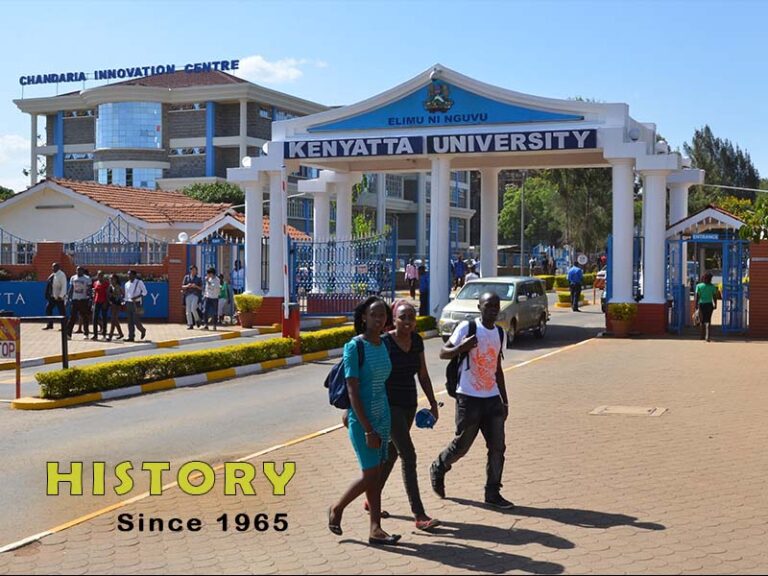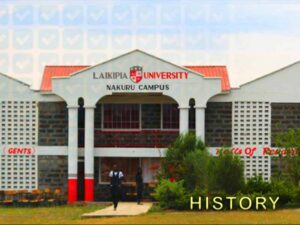The history of Kenyatta University dates back to the post-independence era in Kenya. Various transitions have since happened for its prosperity.
Kenyatta University with at least 70,000 students and 1500 staff members is among the leading higher learning institutions in the region.
History of Kenyatta University since 1965
Where is Kenyatta University main campus located? KU is situated in Nairobi City opposite Kahawa Sukari Estate along Thika Superhighway.
It sits along the borderline separating Nairobi County and Kiambu County. Nearby are Githurai 45, Kahawa Wendani, Kahawa West, and Ruiru estates.
1. Establishment as a Constituent College in 1965
Kenyatta University was founded in 1965 as Kenyatta College, named after Kenya’s first president, Jomo Kenyatta.
At that time, it operated as a constituent college of the University of Nairobi, offering education courses for primary school teachers.
2. Transition to a chartered university in 1970
In 1970, Kenyatta College gained university status and became a fully-fledged institution, known as Kenyatta University College.
3. Location Change from Kikuyu to Kahawa in 1972
Kenyatta University underwent a relocation process in 1972, moving from its original location in Kikuyu to its present site in Kahawa, just outside Nairobi.
This move allowed for the expansion of facilities and academic programs.
4. Renaming from a college to a full university in 1985
In 1985, Kenyatta University College was renamed Kenyatta University, affirming its independent status as a public university.
5. Growth and expansion in study programs
Over the years, Kenyatta University has experienced significant growth and expansion.
It has expanded its academic offerings to include a wide range of undergraduate and postgraduate programs.
Core disciplines include education, arts, sciences, engineering, business, law, medicine, and more.
6. Streamlining research and innovation
Kenyatta University has placed a strong emphasis on research and innovation.
It has developed several research centres and institutes focusing on diverse fields, such as environmental studies, public health, information technology, and social sciences.
7. International collaboration
The university has actively engaged in international partnerships and collaborations with other universities and institutions worldwide.
These collaborations have facilitated student and faculty exchange programs, joint research initiatives, and knowledge-sharing opportunities.
8. Impact of KU on Society
Throughout its history, Kenyatta University has played a crucial role in producing skilled professionals.
In the process, it has greatly influenced the social, economic, and cultural development of Kenya and the broader East African region.
The history of Kenyatta University emphasizes how the institution continues to reshape the academic landscape.
I explore diverse topics with clarity to keep you informed and your businesses profitable. Besides, I am a website developer, ICT consultant, and graduate mechatronics engineer. Lets Chat on WhatsApp.






